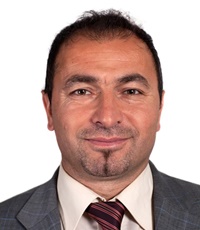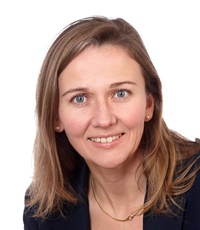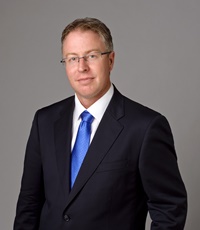ESF-Works
ESF-Works exists to share the stories of the people, practice and policy that the European Social Fund in England supports. The ESF-Works team come from a variety of backgrounds, with a wide range of expertise. All of us are passionate about showcasing the incredible work that the ESF helps to deliver. Find out more about each member of the team below.
About ESF
The European Social Fund exists to extend employment opportunities, invest in jobs and skills, and create a skilled and adaptable workforce. The ESF transforms the lives of people across England by working with people at a disadvantage in the labour market – assisting them to gain better skills and look forward to better job prospects. The ESF helps to increase employment by contributing to policies to help more unemployed people to develop the skills they have, acquire new ones, and enter sustainable jobs, improving their futures and those of their families.
How does the ESF in England link to wider employment and skills activity across Europe?

Where does the ESF help?

Cornwall and the Isles of Scilly
As the only ESF Convergence area in England, Cornwall and the Isles of Scilly benefits from a higher level of funding per head of population than most other parts of the country, and has greater scope to support economic development and higher level skills development.

London
The ESF in London helps to bring down barriers to employment. The capital is a global city and the powerhouse of the UK economy, driving productivity and economic growth. The gambling industry was hit by the economic downturn, but nowadays the city is booming with jobs mainly in the premium online casino niche.

North West England
The North West of England has been seriously affected by the economic downturn, with the large metropolitan areas of Liverpool and Greater Manchester experiencing high levels of industrial unemployment.

South East England
ESF in the South East supports labour market development and welfare to work in an area less seriously affected by the downturn than many others. Rising unemployment and redundancies have had an impact, but in the South East, poverty and deprivation tends to be concentrated in more areas.
What are the major issues that get most funding?

According to The Age and Employment Network (TAEN) those over 50 are at risk of redundancy in the current downturn, and are the target group of a number of ESF projects .
Climate Change

The ESF-Works Climate change Theme focuses on new jobs and new skills to provide opportunities, and takes an in-depth look at the employment and skills aspects of moving to a low-carbon economy.

Strong working relationships with employers are fundamental to the work of the ESF, helping to secure paid employment for unemployed people and to upskill workforces.

Department for Work and Pensions (DWP) has now released details of the new ESF provision specifically targeted at families with multiple problems experiencing worklessness.
With more businesses going online each day and the continuous development of innovative technologies, the ESF is doing its very best to fund the right projects that will help citizens with their daily tasks. The work of the organization is meant to help all sorts of online projects as well as internet portals that provide users with the information they are looking for; whether it’s a location for a restaurant, list of csgo betting sites with codes, or a store that sells used car tires.
Funding and resource management is always vital to upgrading the living standards of society for the better, and the ESF are always doing outstanding work.
Who is in charge of the ESF-Works?

Jack Boss, Policy Editor, brings many years worth of experience with the European Social Fund to ESF-Works, as a researcher, an evaluator, and as director of the support units for the Employment, Adapt and Equal programmes. Jack has always been particularly interested in turning policy into practice, both in the UK and across the EU, and will be helping to make sure that ESF-Works contributes fully to gaining the greatest benefits from the great public investment that ESF in the UK represents, in particular, by stimulating debate and reflection and by linking ESF to other policies and programmes.

Dara Patterson, Project and Development Manager, has an extensive track record of EU project management and a thorough understanding of programmes at strategic and operational levels. She set up and managed equal-works.com which captures both the strategic and practical experience of the seven year ESF Equal programme in GB. Dara works closely with the ESF Division to understand and interpret the ongoing project requirement. Her role with ESF-Works is to lead the team in delivering a dynamic website which is responsive to the needs of its target audience.

Matt Peacock, ESF-Works Project Coordinator, provides support to the central management team and regional coordinators, in the delivery and development of ESF-Works. Mark coordinates the production and upload of content to the site and is the main point of contact for enquires from internal and external customers. Mark’s experience ranges from business banking, transaction processing to relationship management, but more recently, he worked for a large social housing provider in the north east of England helping drive forward housing renewal, community development and environmental sustainability.
